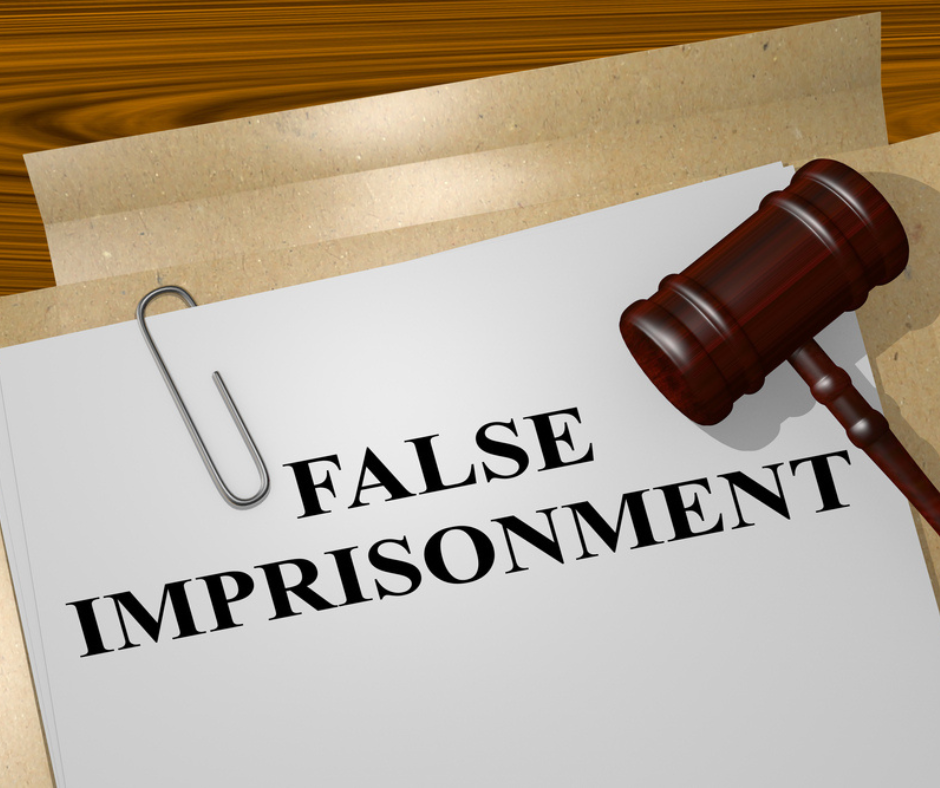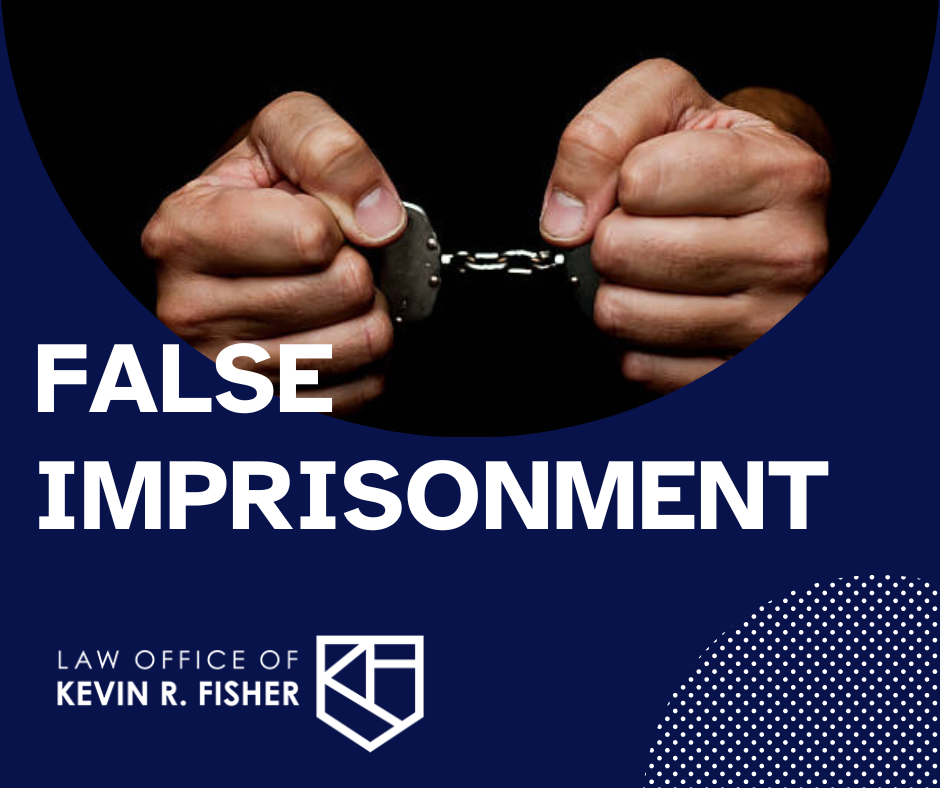If you are facing allegations of false imprisonment in Georgia, it is important to have a clear understanding of the laws surrounding the offense, your rights, and available defenses. This article will provide valuable information regarding false imprisonment in Georgia, including legal definitions, elements of the offense, potential penalties, and potential defenses. By being well-informed, you can navigate the legal process more effectively and protect your rights
False Imprisonment in Georgia
A person commits the offense of false imprisonment when, in violation of the personal liberty of another, they arrest, confine, or detain such person without legal authority
What are the Elements of False Imprisonment?
The elements of an offense are the different factors that the State must prove beyond a reasonable doubt to secure a conviction on a particular charge. For the offense of false imprisonment, the State must prove the following:
- Intent: The prosecution must prove that you intentionally confined or restrained the alleged victim against their will.
- Confinement: The prosecution needs to establish that the victim was unlawfully held within a specific area against their wishes.
- Lack of Consent: The prosecution must demonstrate that the victim did not provide voluntary consent for the confinement.
- Awareness or Harm: The victim must have been aware of the confinement or must have suffered harm because of the confinement.
For example, in Williams v. State, the Georgia Court of Appeals found that theDefendantcommitted false imprisonment by forcing the victim into a closet, binding the closet doorsclosed, and ordering the victim under threat of death to remain there until theDefendant left.
Penalties
A person convicted of false imprisonment will be punished by imprisonment for no less than one year and no more than ten years.
Any person convicted under O.C.G.A. § 16-5-41, where the victim is not the Defendant’s child and the victim is less than 14 years of age, will also be subjected to the sentencing provisions under O.C.G.A.17-10-6.2. This means that the Defendant will receive, in addition to a prison sentence, probation for at least one year. Further, they will not be eligible for first-offender treatment.

Defenses
There are several false imprisonment defenses that your criminal defense attorney can argue based on the facts of your case, including:
- Consent: If you demonstrate that the alleged victim willingly agreed to the confinementor restraint, itcan be argued that your actions were not unlawful.
- Lawful Authority: If your actions were performed within the scope of your legalauthority or professional duties,youcouldargue that you are not guilty of falseimprisonment.
- Lack of Intent: If you can establish that you did not intentionally confine or restrain the alleged victim against their will, it may weaken the prosecution’s case against you.
Frequently Asked Questions
- Is false imprisonment a felony in Georgia?
Yes, false imprisonment is a felony in Georgia. A person convicted of false imprisonment can be punished by imprisonment for no less than one year and no more than ten years.
- What are examples of false imprisonment?
Some examples of false imprisonment include but are not limited to, trapping someone in a secluded area or ordering someone to stay on the ground and remain there.
- What are the elements of false imprisonment?
The elements of false imprisonment include intentionally confining a person, actually confining them, and not receiving consent from the victim. However, the victim must be aware of the harm or have suffered harm.
Why you Need a Lawyer for a False Imprisonment Offense
As a person accused of false imprisonment in Georgia, it is crucial to have a solid understanding of the legal framework, your rights, and available defense strategies. Consulting with an experienced criminal defense attorney is highly recommended to navigate the legal process effectively and protect your interests. By being well-informed and have a criminal defense attorney on your side to diligently pursue your defense, you can work towards a fair resolution of your case.
Have Questions? Give Me a Call.
If you or your loved one is charged with false imprisonment, I am here to help. I have decades of experience representing people charged with misdemeanors and serious felonies, and I will make sure you receive the best defense possible. If you need legal help, give me a call today!

